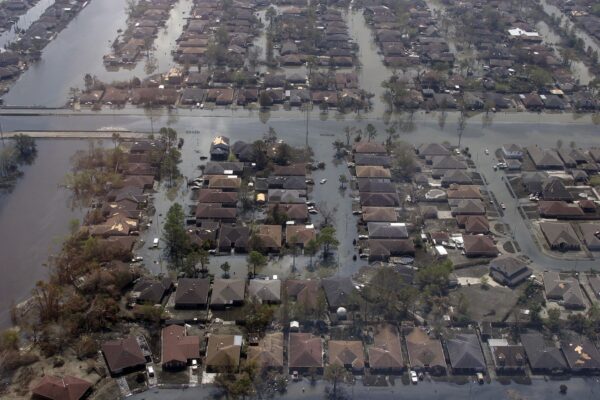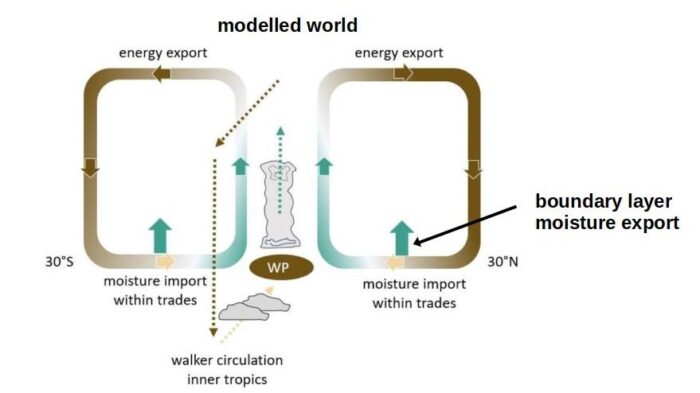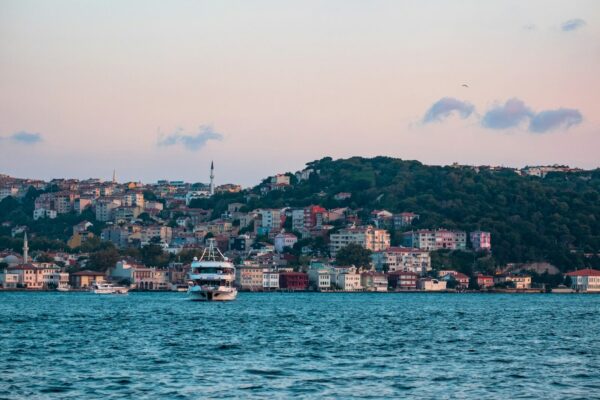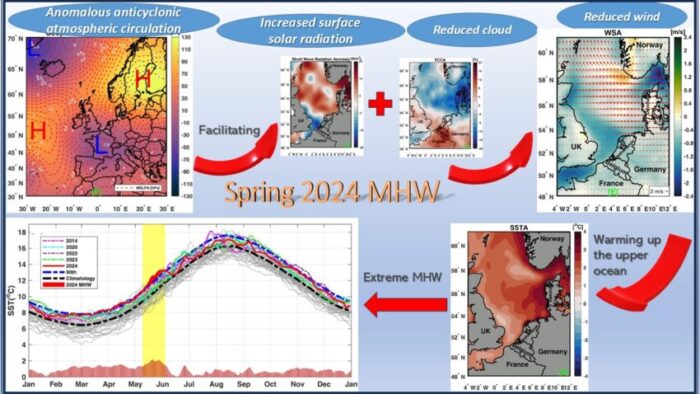Due to the rapid rise in temperatures, it started raining on the snow and ice-covered roads, prompting the regional public transport operator to suspend all bus services. The rain also resulted in icing on the overhead lines of the main railway line coming into town. Rail traffic was also temporarily suspended. Before the adjacent highway could be salted, several tens of cars were involved in a ch ...[Read More]
When small-scale turbulence imprints on the global atmospheric circulation: Uncovering the Cause of the Double Intertropical Convergence Zone Bias in ICON
One feature stands out in any map of tropical rainfall from satellites: a narrow band of intense precipitation encircling the globe near the equator. This is the Intertropical Convergence Zone, a key feature of the global atmospheric circulation that imports moisture into the tropics and exports energy to higher latitudes. But for decades, climate models have struggled to simulate this feature cor ...[Read More]
Türkiye’s Climate at a Crossroads
Climate change is often described as a challenge of the future. Yet through our latest work, we’ve realized the future is already unfolding across Türkiye’s landscapes and climates. The signs are visible in the shifting seasons, intensifying heatwaves, and changes in rainfall… As one of the authors of the study “High-Resolution Projections of Bioclimatic Variables in Türkiye: Emerging Patter ...[Read More]
The North Sea Is Heating Up: What Marine Heatwaves Tell Us About Climate Change?
As scientists, we are acutely aware that our planet’s climate is changing, but the speed and severity of these changes can still surprise us. As global temperatures rise, certain regions become hotspots experiencing more intense and amplified warming. As a postdoctoral researcher at the University of Liège, I have been closely studying amplified warming and marine heatwaves in the North Sea under ...[Read More]




